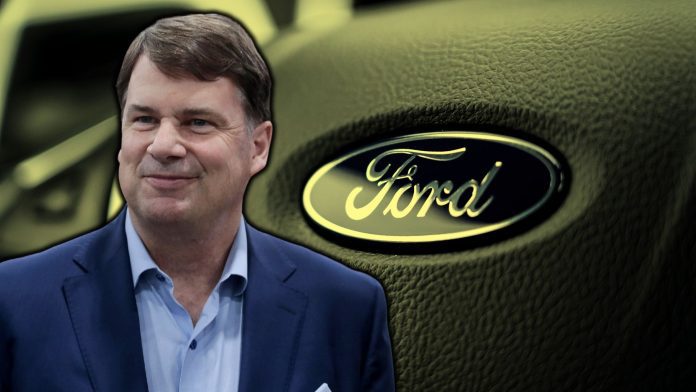Nearly two years ago, Ford’s CEO, Jim Farley, had envisioned a future where Ford dealers would adopt the agency model with 100% digital sales, no inventory, and fixed pricing, thereby operating entirely digitally. However, concerns from dealers and the results of a trial in the Netherlands led Ford to reconsider this approach, especially in Europe.
Turning to Ford’s sales strategy, the company has made significant adjustments. Ford Australia has decided against the fixed-price model, while Ford Europe has adopted a hybrid model. This ‘advanced franchise’ model combines digital advancements with the strengths of the traditional dealer network, aiming to enhance customer insights and follow their journey more effectively while maintaining the crucial role of franchise partners.
Anna Lena Strigel, sales and brand management boss for Ford Model e Europe, said, “Our approach has essentially changed to leverage the newest technologies to gain deeper insights into our clientele and truly track their journey from beginning to end—all the while maintaining the franchise partner as the vital pillar of our operation. With the help of our learnings, our franchise network has evolved.” Strigel added that data sharing would be a key component of the automaker’s operations in the future. However, she did not specify exactly what the automaker discovered during its trial.
Ford acknowledges the importance of transparency in data sharing between manufacturers and franchise partners, which is crucial for future success. They recognize that buying a car is a significant investment for European customers who prefer not to complete the entire transaction online. Ford initially anticipated a quicker shift to digital transactions but found that customers value physical interactions, like test drives and in-person guidance, during purchasing.




